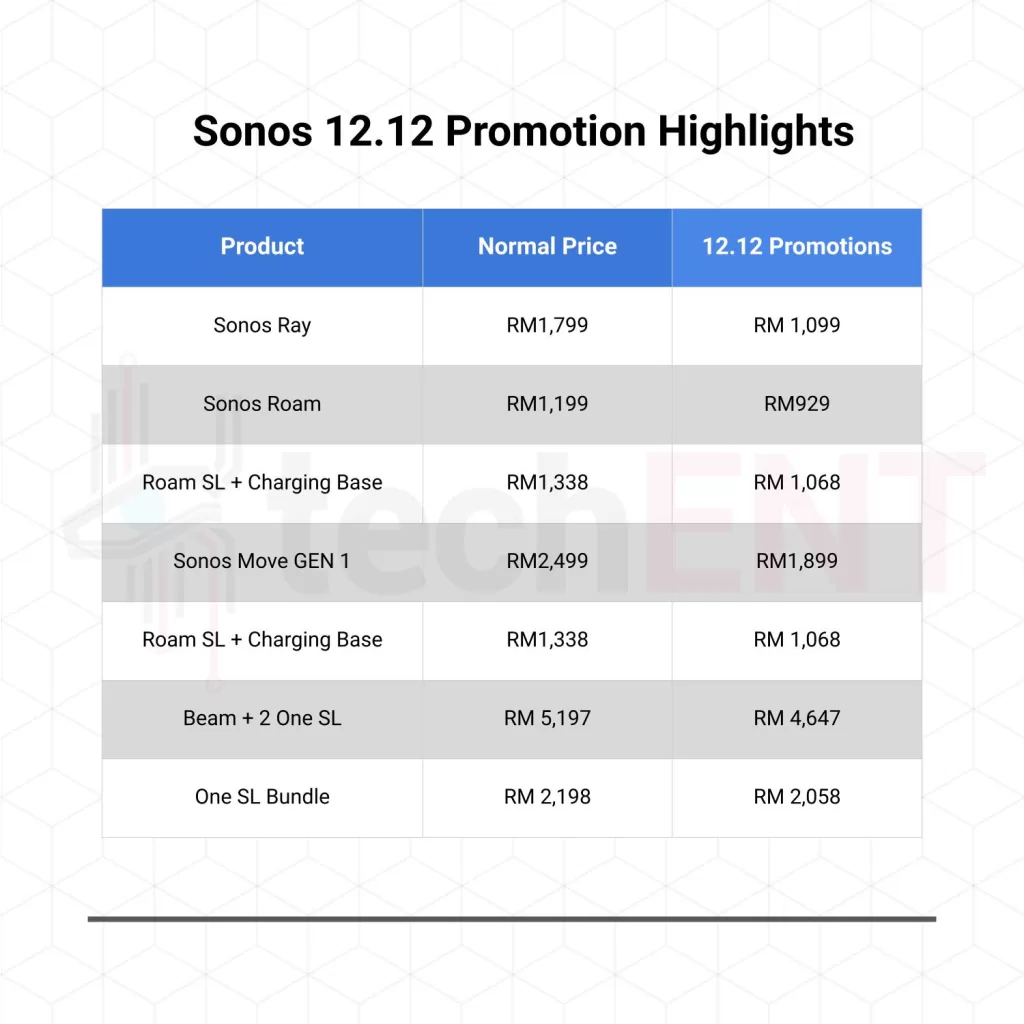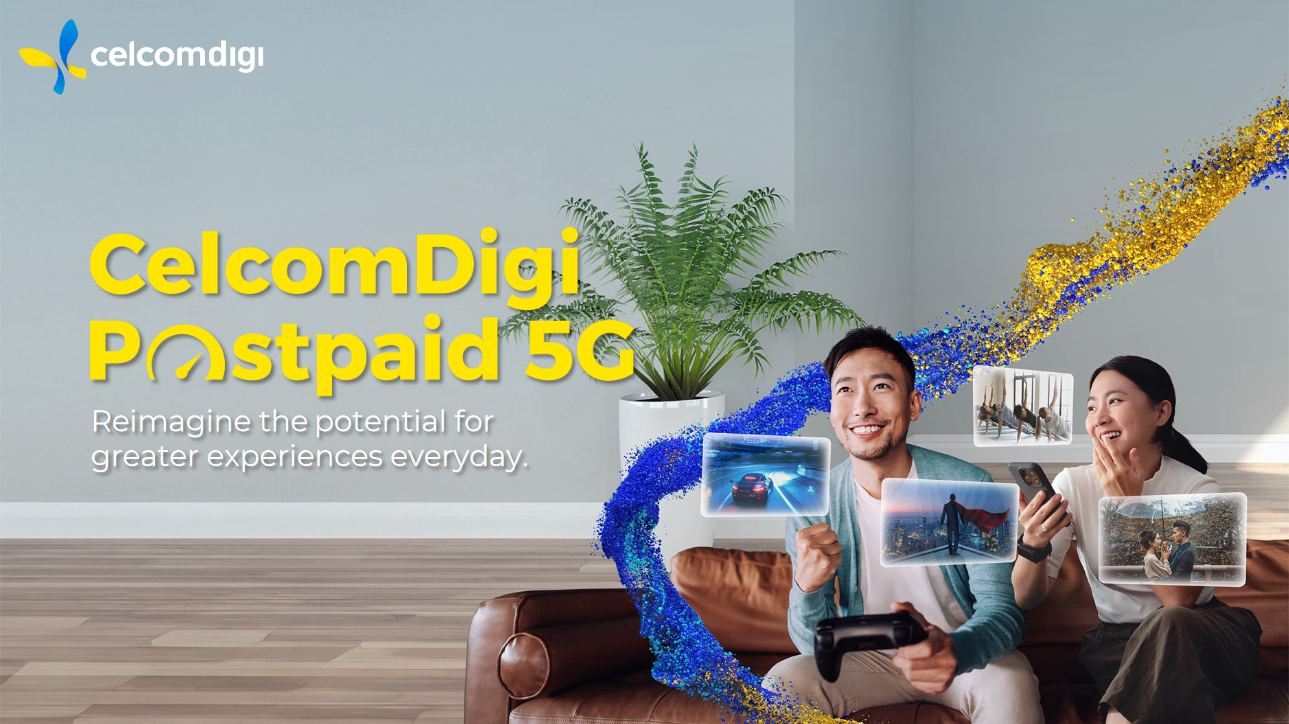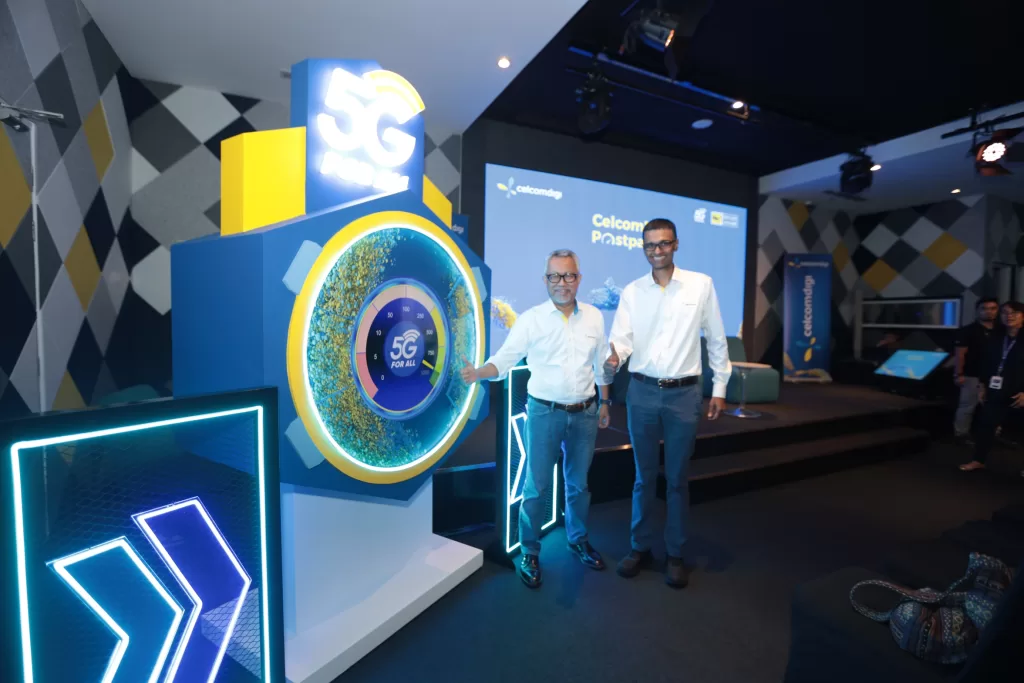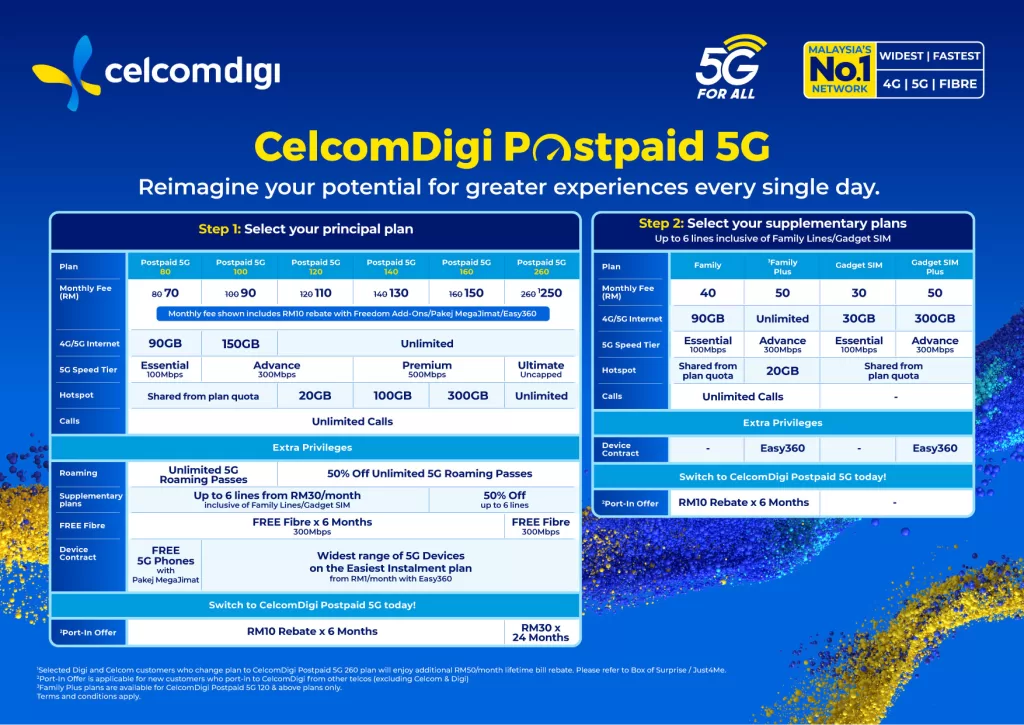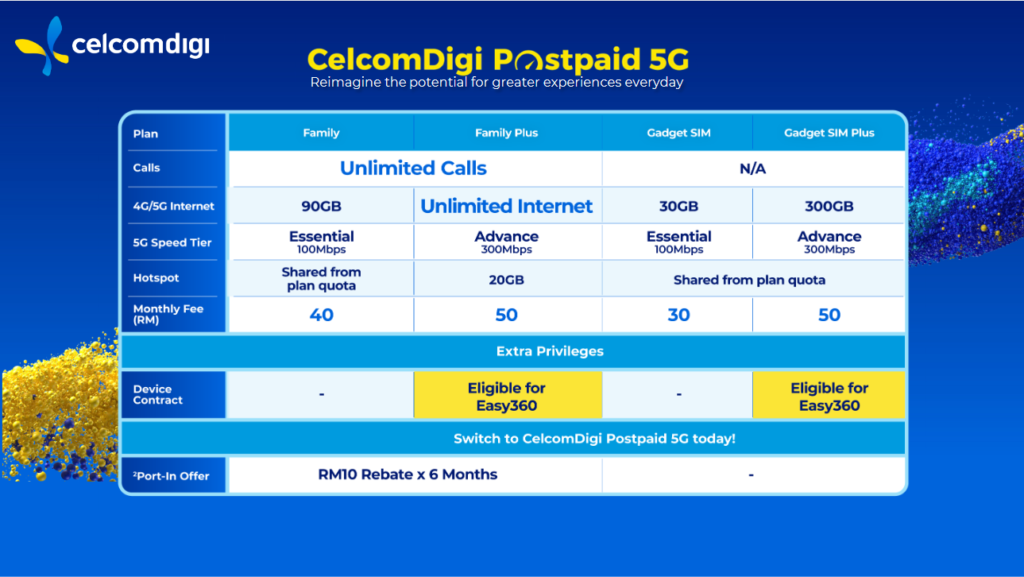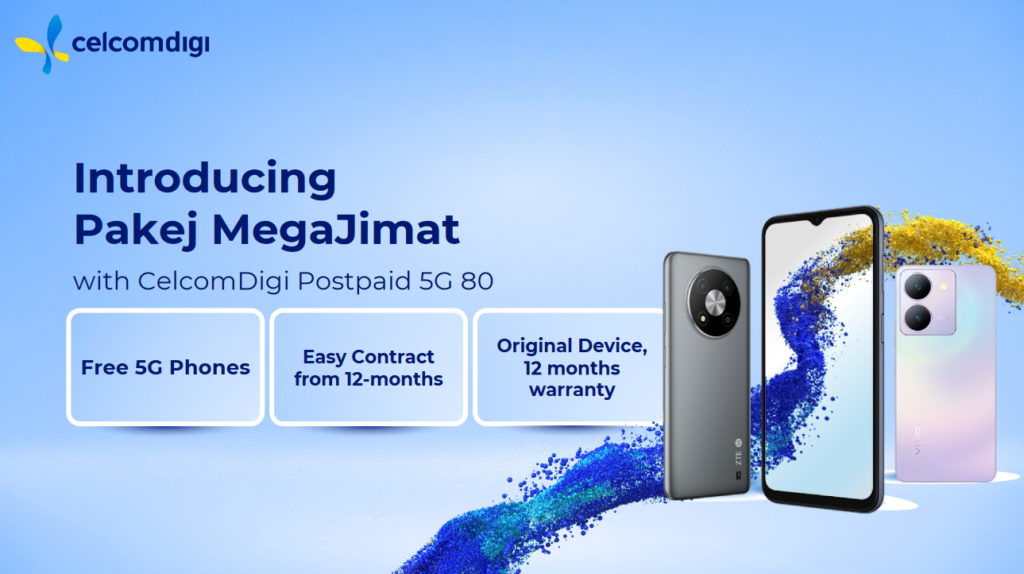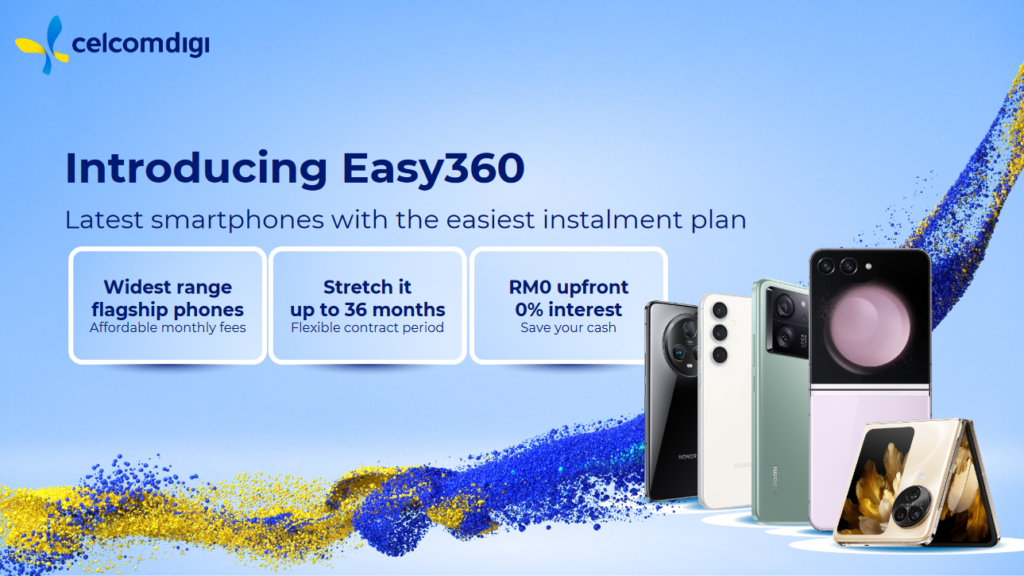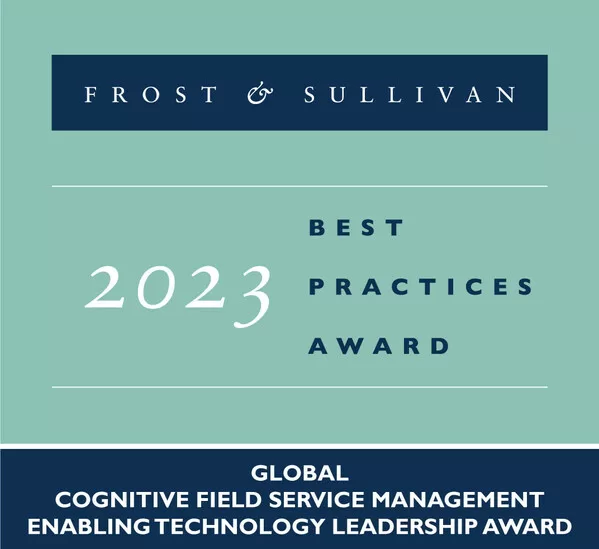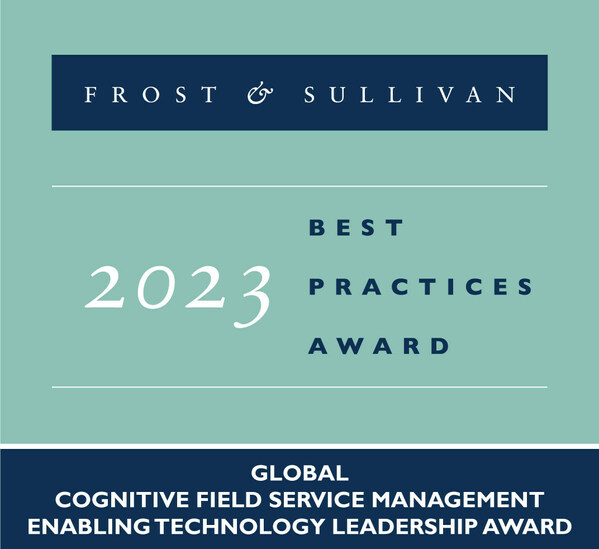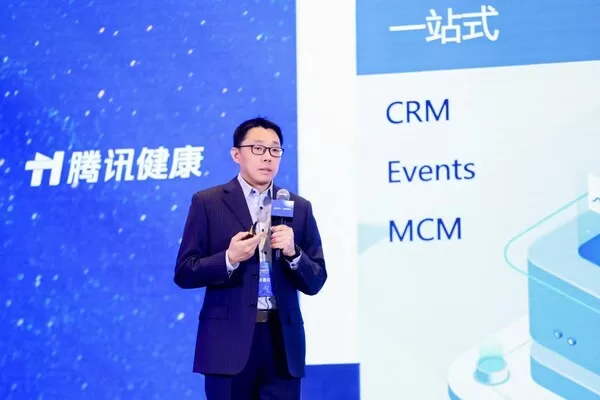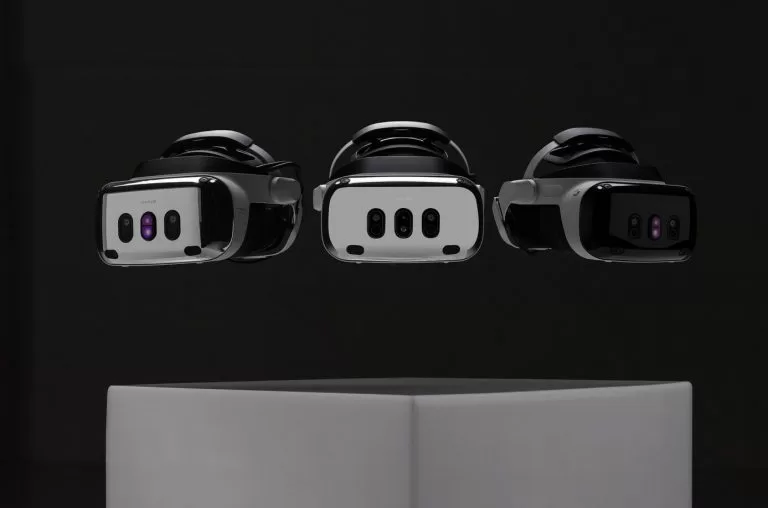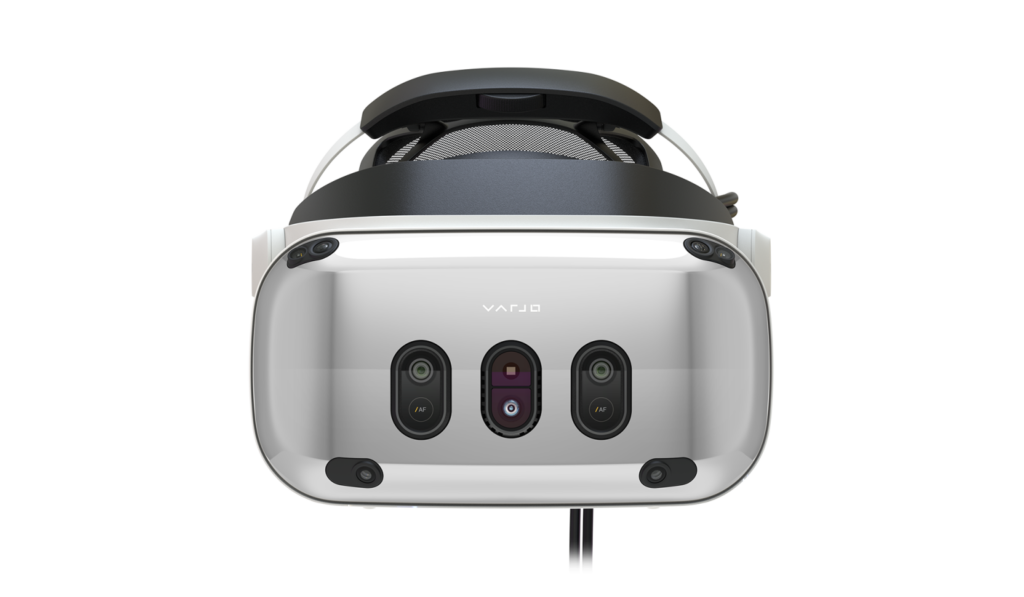SHANGHAI, Nov. 29, 2023 /PRNewswire/ — In recent years, the Chinese pharmaceutical industry has been undergoing significant changes in its operational methods, driven by improvements in national regulations and changes in user behaviors and attitudes. Traditional operational approaches and marketing techniques of pharmaceutical enterprises are experiencing diminishing marginal effects, prompting an increasing number of pharmaceutical companies to prioritize and upgrade their digital marketing strategies to adapt quickly to these changes.
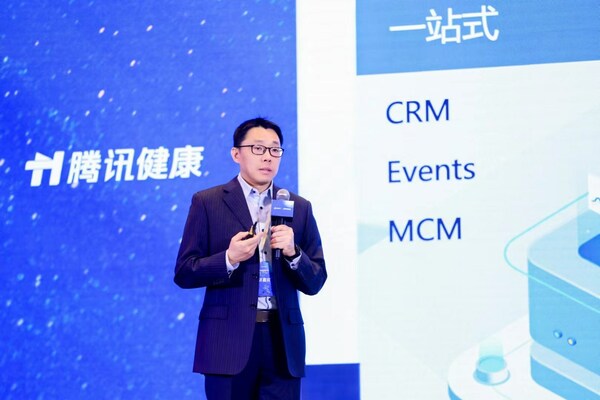
Zhang Yu, Tencent Health
As the interaction between pharmaceutical companies and domestic digital platform enterprises becomes more closely intertwined, digital platform companies, known for their rapid iteration and flexible adaptation to customer needs, are providing intelligent and customizable professional tools for pharmaceutical enterprises. In 2023, Tencent released NGES, a new-gen customer interaction solution catering to Health Care Professionals (HCP), marking another milestone in the digital practice of the pharmaceutical industry.
Several renowned pharmaceutical companies, including AstraZeneca and Eisai Co, have adopted NGES for digital innovation, reporting progress in compliant operations, precision marketing, and collaborative work. NGES makes communication between pharmaceutical sales representatives and healthcare professionals as smooth as daily conversations on WeChat, with the system automatically handling the materials and summaries required before and after communication. This allows both parties to focus their energy and time on academic efforts.
What drives Tencent and numerous pharmaceutical companies into this digital innovation? Zhang Yu, Vice President of Tencent Health and the initiator of the NGES project, has witnessed all these changes. At the T-Inspire industry summit on November 17th, he publicly discussed the current needs and pain points in the pharmaceutical industry, as well as how he and his R&D team adopted innovative concepts and model innovation to promote the precise digital upgrade of medical care.
Pharmaceutical Industry amid Tremendous Changes
Previously, pharmaceutical companies focused on core markets in large cities and internal hospital markets, employing a large number of sales representatives for face-to-face communication with customers. They relied on graded questionnaires to gain insight into customer demographics. However, the profit margins of pharmaceutical enterprises narrowed by medical insurance Value-Based Purchasing (VBP) have necessitated cost reduction and efficiency improvement. Additionally, the crackdown on medical corruption has compelled enterprises to rely more on compliant academic promotion for marketing. The rapidly changing market environment has led to a continuous reduction in the number of offline sales representatives, requiring fewer personnel to engage with a larger number of doctors.
Market changes have also brought about a revolution in marketing strategies. Pharmaceutical companies are expanding their target markets from tier-one and tier-two cities to broader regions. Interaction with doctors is no longer confined to hospital departments, with online content marketing and academic conferences becoming increasingly important. In the post-pandemic era, there is a willingness to embrace new online methods such as virtual academic conferences, with AstraZeneca revealing that around 35,000 meetings per month in the Chinese market are held on Tencent Meeting.
The evolution of online communications has enabled pharmaceutical companies to comprehensively understand user behavior data, which is more objective than those from traditional questionnaires and offers a more diverse customer profile. Based on these data, pharmaceutical companies can implement data mining and label analysis. Utilizing the insights from user behavior data, pharmaceutical companies can recommend personalized content, resulting in a more precise marketing strategy.
Behind these needs of pharmaceutical companies, there is a requirement for comprehensive technological support, such as social contact, big data, artificial intelligence, cloud services, and security. Zhang Yu and his team at Tencent Health have astutely perceived that Tencent has the opportunity to excel in this untapped market space.
Tencent’s Vision: Facilitating Professional Interactions in the Healthcare Ecosystem
Tencent, with its rich experience in communication, social media, and online marketing, and boasting a national-level application—WeChat—with over 1.3 billion monthly active accounts, has been actively involved in the digital upgrade across various industries. When talking with pharmaceutical companies, Zhang Yu made it clear that at this pivotal moment in enterprise marketing, Tencent aims to leverage its products and technology to facilitate professional interactions between pharmaceutical enterprises and doctors.
Zhang Yu painted a scenario for executives of pharmaceutical enterprises, emphasizing that many successful stories of pharmaceutical companies demonstrate that WeChat is the most frequently used online tool by doctors. Through various channels on WeChat, pharmaceutical companies can reach customers comprehensively, forming a rich ecosystem for the pharmaceutical industry. He cited an example, “Doctors use WeChat Official Accounts to obtain medical information and knowledge. WeCom also provides a solid foundation for efficient internal collaboration within pharmaceutical companies. Pharmaceutical sales representatives and medical science liaisons can share information, leading to more targeted explanations and more efficient summaries after visits.”
“WeChat’s Official Accounts, applets, and Tencent Meeting provide a more convenient way for pharmaceutical sales representatives and doctors to interact online, with data fusion completed in the backend. We have always considered placing HCP at the center, helping pharmaceutical companies find the right audience, push the right content at the right time and in the right way. Ultimately, we have facilitated the integration and innovation of Tencent’s existing resources to create a brand-new NGES for pharmaceutical companies and doctors.” added Zhang Yu.
A multinational pharmaceutical company executive told Zhang Yu, “We really need this platform. After the pandemic, there is an urgent need for iteration in our external meeting systems. We have multiple candidate solutions, but we have found that the primary social tool for pharmaceutical sales representatives and doctors is WeChat. When it comes to non-professional meetings, the most widely used tool is WeChat Meeting. Can WeChat be developed into a professional communication platform that complies with the pharmaceutical industry’s regulatory requirements?”
With nearly 20 years of experience in the field, Zhang Yu, faced with the urgent need of pharmaceutical companies for a solution, showed a mix of optimism and a measured approach, “An ancient Chinese poem goes, ‘Moistening things quietly without making a sound,’ depicting the gradual and comfortable process of adaptation. We hope to adapt to the traditional habits and new demands of the pharmaceutical industry through a gentle and soft progressive approach.”
Innovative Customer Interaction in the Healthcare Sector
Over the past two years, Tencent Health has continuously upgraded NGES based on user feedback in the healthcare industry, creating an all-encompassing platform for customer interaction within the healthcare sector. The platform consists of three layers, with the top layer featuring a new generation of interactive scenes deeply integrated into the Tencent ecosystem. Leveraging widely-used Tencent products in doctors’ daily lives, such as HCP WeChat, Official Accounts, applets, Tencent Meetings, among others, this layer serves as a bridge connecting pharmaceutical enterprises and healthcare professionals. Through bidirectional interactions with doctors via WeCom, pharmaceutical companies can efficiently advance their digital operations, including customer classification, meeting execution applications, new customer requests, speaker management, offline and online visits, medical inquiries, and collection of doctor perspectives, making academic promotion in healthcare more efficient.
The digitized mid-layer of the platform assists pharmaceutical companies in uniformly recording doctors’ identities and behaviors across different channels, generating high-quality comprehensive data. The data are then mined to create a tag system, offering insights into business operations. The accumulated data in the mid-layer are further analyzed and learned by the underlying medical big model through AI, enabling functions such as automated content generation and intelligent customer service.
Eisai Co., Ltd.is one of the first users of NGES, and a partner providing extensive feedback and industry insights. Faced with continuous improvement suggestions, Zhang Yu and his team have tried to release multiple versions in a day to meet customer demands.. “The medical industry has a very strong demand for timeliness, especially in the face of digital transformation today. We hope that the platform architecture can, from bottom to top, output complete solutions, reduce delivery thresholds, and shorten project timelines. Of course, we are open and cooperative towards industry partners and welcome reliable collaborators to join this ecosystem, serving customers together and achieving accelerated innovation.”
Three Distinct Features of Tencent NGES
Compared to similar digital tools, Tencent NGES boasts three major features.
Integrated All-Channel Marketing: Firstly, it integrates key modules such as CRM, Events, and MCM, completing all-channel marketing scenarios around doctors seamlessly. This integration breaks down data silos within enterprises, forming a unified and complete profile of doctors and representatives, thereby optimizing business operations. Notably, NGES helps address data fragmentation issues caused by using different systems during work, as reported by Eisai Co. Thanks to NGES, the operational maintenance, which previously involved four systems working in parallel, has now been streamlined to just one, leading to cost reduction and significant efficiency improvement.
Strong Social Attributes Based on Tencent Ecosystem: Secondly, NGES leverages the powerful social attributes of the Tencent ecosystem, enabling doctors to interact conveniently with sales representatives through popular applications like WeChat, Tencent Meeting, and applets. This natural fusion of daily communication and academic promotion enhances doctors’ enthusiasm for engagement, providing more diverse communication channels compared to traditional visits.
AI Empowerment from Tencent’s Large Model: Thirdly, NGES benefits from Tencent’s AI capabilities, making Tencent the only service provider in the pharmaceutical industry with self-developed large model capabilities. With the support of large models, more innovative methods can be proposed by enterprise managers, bringing about a revolution in the field of pharmaceutical marketing.
Tencent AI Empowering Innovative Healthcare Scenes
Not long ago, Tencent, in collaboration with the China Academy of Information and Communications Technology, released China’s first vector database standard. The vector database is a foundational component for training AI large models, signifying Tencent’s leading position in the industry. Zhang Yu mentioned that his team has explored the potential of products built with AI large models and listed several typical innovative scenes achieved by NGES through AI large models:
Personalized Material Generation: Through AI-driven interactive tools, NGES utilizes Tencent’s accumulated professional content in the medical industry, combined with compliant content from the enterprise’s material library, to achieve personalized material generation. In various scenarios, it completes professional Q&A, assists representatives in preparing topics and content before visits, and provides action recommendations. Eisai Co. revealed that the company is exploring the application of NGES’s AI technology to enable sales representatives to input different academic topics, allowing the backend to retrieve corresponding content from a vast amount of data, automatically filter and sort it before delivering refined academic presentation.
ASR Speech Recognition in Medical Conferences: In medical conferences, NGES utilizes Automatic Speech Recognition (ASR) technology to accurately convert speech into dialogic transcripts. After the conference, AI can quickly extract key information from the content, generate meeting summaries, offer questions and answers aimed at the meeting content, and even actively highlight compliance risks in the meeting content. Eisai Co. said that the audiences were afflicted with the regional accent of speakers during meetings, but now AI digital finds a way out.
Voice Recognition for Content Reporting: During meetings, NGES employs voice recognition technology to help sales representatives automatically fill in content, improving the efficiency of report submission and gather more valid data. Simultaneously, NGES collects authentic feedbacks from customers, quantifying sales representatives’ competences from multiple dimensions, such as academic capabilities, communication skills, and compliance performance. After a visit, NGES can quickly provide scores for sales representatives’ academic abilities, communication skills, and compliance performance, offering improvement suggestions to continually enhance sales capabilities.
Zhang Yu stated that Tencent Health has mapped out a well-defined plan for the future development of the NGES customer interaction management platform in three years to come. The goal for 2023 is to leverage Tencent’s experience and advantages in product design and user experience to create a product that pharmaceutical companies and doctors will love to use. By 2025, based on the accumulated real data, NGES will extend its empowerment from sales representatives to enterprise executives. Through big data analysis and mining, it will provide insights into business operations, optimize resource allocation and layout, and identify compliance and business risks to support high-quality decision-making.


